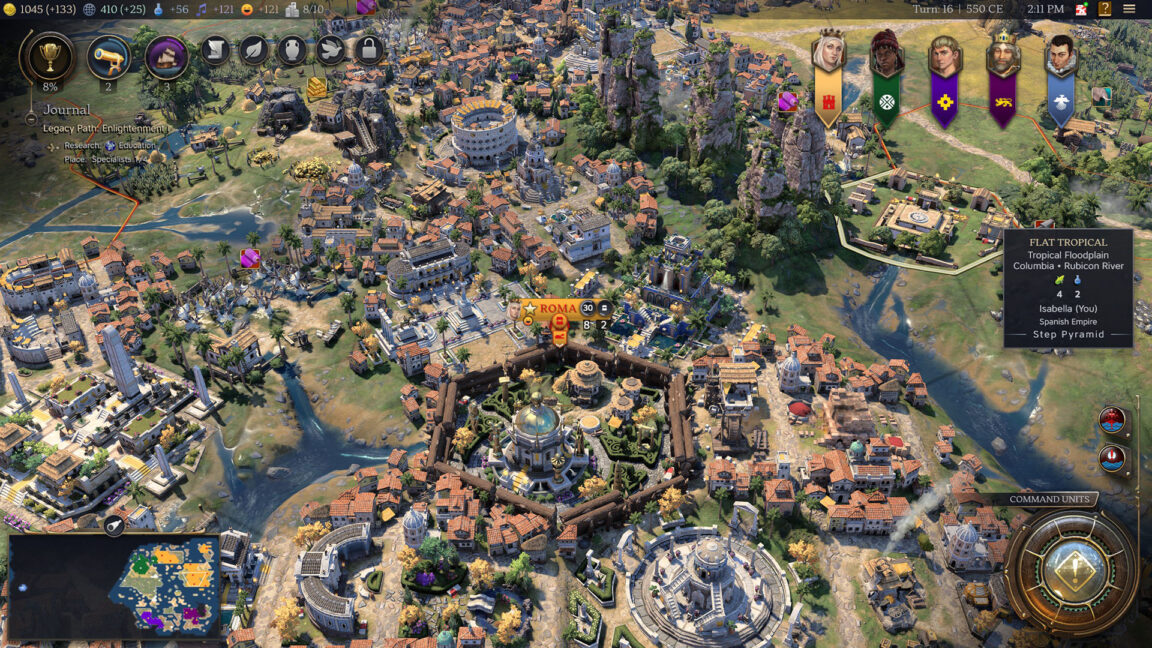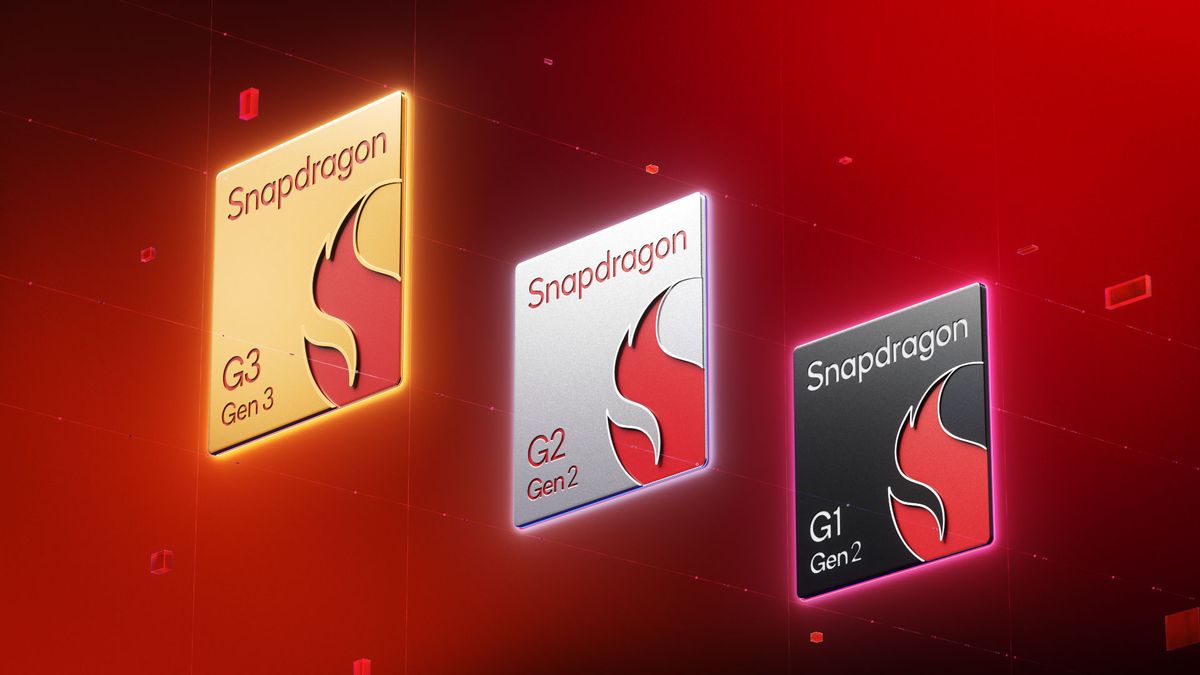Uncertain Future: Firaxis Games' Civilization VII Development Team Braces for Potential Workforce Reduction

Despite Optimistic Projections, Gaming Company Implements Strategic Workforce Reduction
In a candid statement to investors, the company's CEO acknowledged that while the upcoming game is expected to meet financial forecasts, the organization is proceeding with a carefully planned workforce reduction. The strategic cuts aim to optimize operational efficiency and align resources with the company's long-term growth strategy.
Sources close to the company suggest that the decision reflects a proactive approach to managing operational costs, even as the game shows promising potential. The leadership team appears committed to maintaining financial discipline while positioning the company for future success.
While the exact number of affected employees remains undisclosed, the move signals a measured response to the current market dynamics. The CEO emphasized that these adjustments are part of a broader strategic realignment designed to enhance the company's competitive edge in the rapidly evolving gaming industry.



.png)




